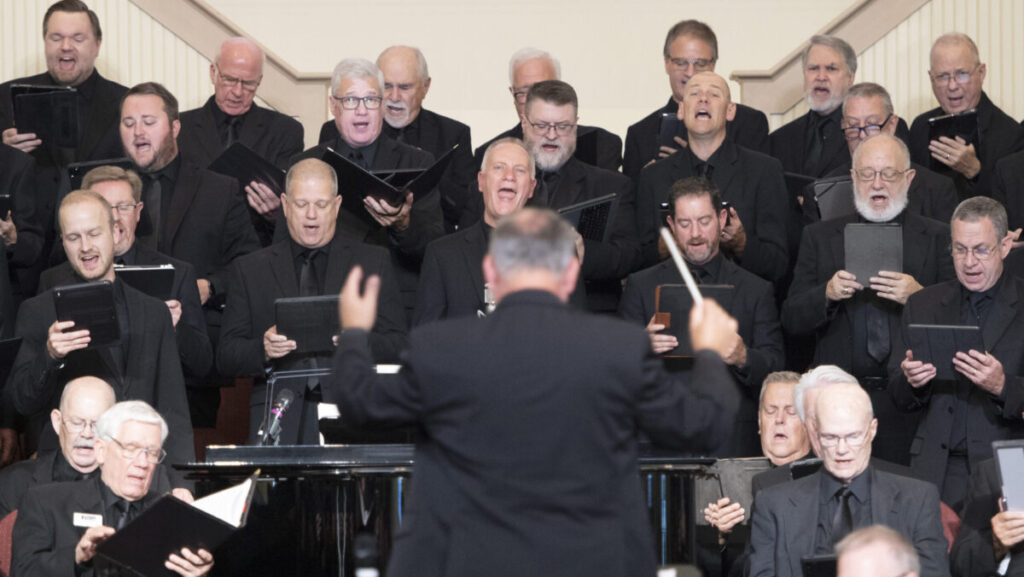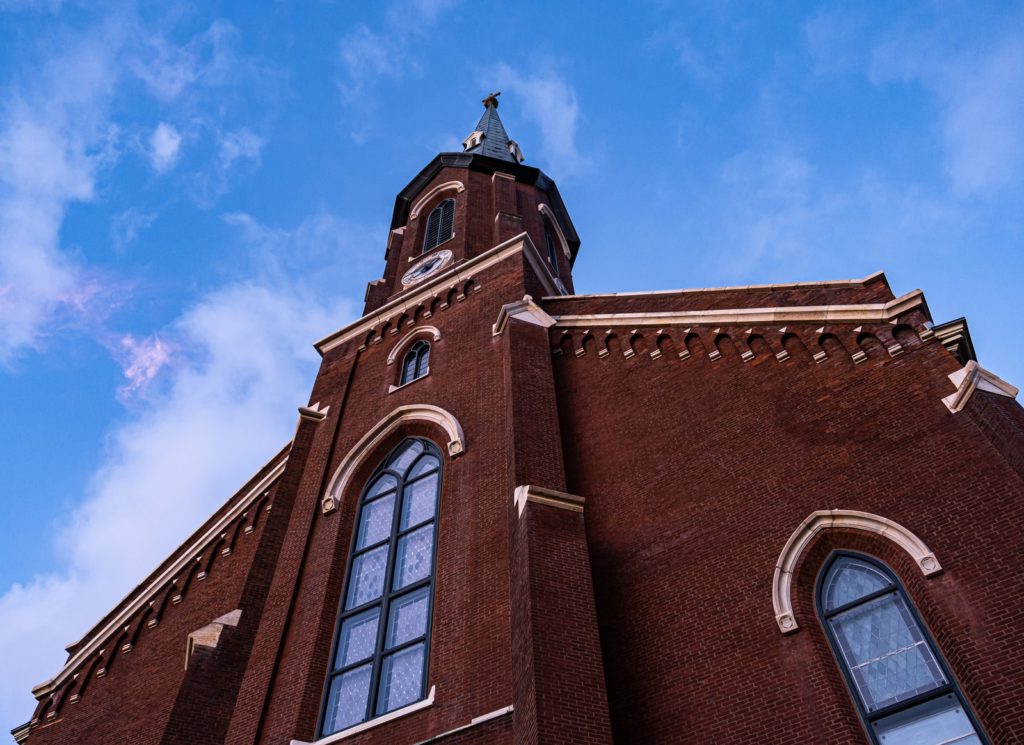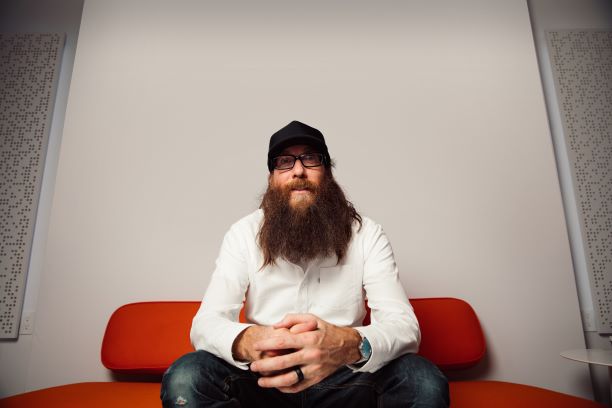In the deep South, there are still towns called Beulah. With a name straight from the Bible, in a county named after General Robert E. Lee, it is no wonder this place still seems like a little piece of heaven to the practitioners of Alabama’s old time religion who call it home.
There are still fires fought by volunteers, there are more sanctuaries than bars, and the thunderous sub-woofers of teenage drivers, swerving in and peeling out of Beulah High School — which is mere feet away from it’s senior center — have yet to drive a wedge between young and old.
“They must have burst by now,” said Inez Tillery, speaking of the students’ eardrums. “But kids will be kids, you know.”
Being right across the street from her house, the Beulah Senior Center gets visits from Tillery on a regular basis — to grab a bite to eat or, on Sundays, to hitch a ride to church.
She played piano at Beulah Baptist Church for 60 years and still plays an occasional solo like “There’s Something About That Name” or “Poor Wayfaring Stranger,” a hymn popularized during the Civil War — a song her grandfather, a veteran, liked as well.
Noticing my hesitancy to ask her age, she offered, “I’m 44 on one foot.” I nodded and smiled, confused by the country expression, tacitly revealing my age and city roots in the process.
“That means I’m 88! Can’t you count, boy?” And so began my experience with Inez Tillery. My naive assumptions of a frail, soft-spoken church mouse were now gone with the wind.
Tillery, known in these parts as “the information bureau of Beulah,” offered me a Coke, and I accepted.
“Well, I’ll just let you get it,” she said with a laugh as she plowed back and forth with the energy of a child in her La-Z-Boy rocker-recliner.
I found the fridge and popped the top of an off-brand soda.
“Times are tough,” she explained, elaborating on the exorbitant cost of medicine. “I pay five dollars a pill so I reckon I’ll just have to eat less,” she confessed.
Not surprisingly, the topic of politics came up. She reminisced about earning two and a half dollars a day working the county polls in the early 1930 elections.
“I hear they get $60 these days, and they have these computers. We were there from morning till midnight. Of course, that’s back when you always had to count them by hand,” she said with a hint of pride.
Beulah born and bred, Tillery has attended the 151-year-old Beulah Baptist Church since birth.
But like many Christians her age, she hailed from a time when membership in a church was absolutely dependent upon membership in heaven.
She said she joined the church in 1926 at age 12 — the year a Georgia evangelist brought revival to the congregation and she was led to Jesus. “I was baptized in the creek,” she said pointing, “over yonder ways.”
The creek she referred to runs off the Chattahoochee, the river that stretches for nearly half of the Alabama–Georgia line, on which sits Lake Harding, also known as Bartlett’s Ferry. Lake Harding was formed by damming the river in 1925, a project undertaken by men from all over the country, including George Goodwin Williams, Tillery’s father and a deacon at Beulah Baptist Church.
In 1926, the drainage from the Bartlett’s Ferry Dam led to the development of an area near Beulah called the Blanton Community.
In 1985, Tillery and her husband Syd, (who died in 1988) helped establish Blanton Baptist Church, the “daughter church” of Beulah Baptist.
It seems only fitting that a woman so devoted to her Lord and to her community should have begotten three children who all work in fields of service to others. She is the mother of a teacher, a nurse and a preacher — Baptist, of course.
In addition, she has five grandchildren, and one 7-year-old great-grandchild. “And don’t forget my grand-dog, Rocky,” she chastisingly said.
Other than “acceptin’ the Lord,” Tillery was hard pressed to name a “greatest achievement” or “biggest accomplishment” reporters so often demand of great people. So I decided to delve into the roots of her prolific career as a church pianist.
“Well, Daddy had this roll-top desk that I used to beat on as a little girl, pretending I was playing the piano,” she said. “They thought I had talent, so they bought me a real one.”
She points across the room at an aging but magnificent display of 88 “real ivory” keys. “That was in 1925. It was secondhand, and I loved it.
“Sure needs tuning, though,” she noted, appearing to make a mental note to herself.
“I first started playing with the BYPU,” she boasted. A look of mild disgust crossed her face when I inquired into the initials’ meaning. “BYPU? Baptist Young People’s Union,” she loudly stated, her rocker speed hinting her mild annoyance.
Despite my blunder, Tillery asked me to pray with her before I departed. Reaching across the piles of church bulletins, devotional magazines and Bibles, she grabbed my hand and held it in a firm grip.
I bowed my head and waited. But after a second of silence, I remembered with whom I was dealing and led an 88-year old bastion of Christian virtue and a priceless jewel of Southern sentiment in a short, but meaningful prayer.





Share with others: